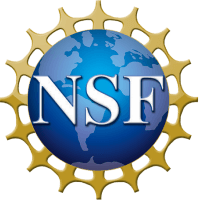RSS Feed Source: Academic Keys
Young and research-intensive, Nanyang Technological University (NTU Singapore) is ranked among the world’s top universities. NTU has a vibrant research eco-system with a high proportion of early career researchers. It has a healthy environment for interdisciplinary research collaboration and the research is well funded.
The Nanyang Assistant Professorship scheme provides the opportunity for outstanding early career researchers and exceptional scholars from Singapore and around the world, who aspire to a research leadership role at NTU. Successful NAP awardees will be given a tenure-track Assistant Professor appointment and granted a substantial start-up grant (SUG) to lay the foundation for their research ventures within the university.
NTU invites outstanding early-career researchers (postdoctoral fellow or equivalent) to apply for an appointment as a Nanyang Assistant Professor.
Eligibility criteria
Applicants must be early career researchers, holding a PhD or MD or equivalent degree, obtained within the last 10 years.
Click this link to continue reading the article on the source website.

